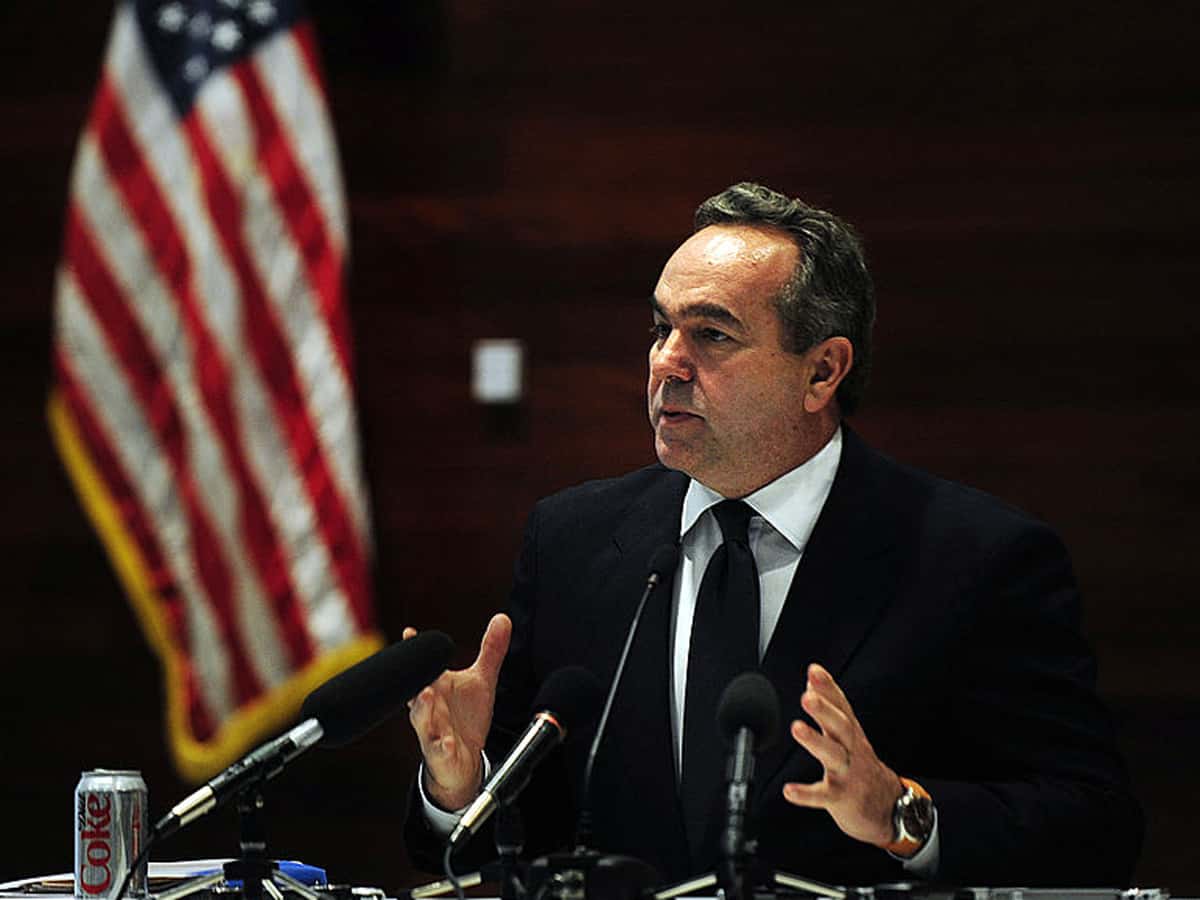The buzz over the stand to be taken by the US government with regard to various issues like Indo-Pacific relations, in which India has invested heavily, and China have come to the fore ahead of US President-elect Joe Biden to assume office in a few days.
There is talk that Kurt Campbell would be named the Indo-Pacific coordinator by Biden and in that role, he is likely to look into Biden administration’s approach to China too.
Campbell started the ball rolling during Obama’s rule in the first term. In 2009, India and US began the first official-level dialogue on China and Asia-Pacific. Gautam Bambawale represented the Indian side and Campbell was the then US assistant secretary, representing the country.
Over the years, the dialogue between the US and India set the stage for 2015 Vision Statement between the countries. The Japan-India-US trilateral grouping also started off under their watch.
However, in the second term of Obama administration, the same importance was not given to Indo-Pacific policy. In 2016, the US gave China a pass over the Permanent Court of Arbitration (PCA) verdict on the South China Sea.
But in the last four years, during Trump administration, the US has taken to sanctions, visa restrictions, trade war and 5G bans, challenging the Chinese regime. The Covid-19 pandemic intensified US’ opposition of China.
Trump, on his way out as the US President, declassified a Indo-Pacific policy which revealed broad and tough measures to contain China, including “accelerating India’s rise” through diplomatic, military and intelligence support.
The document revealed during the heightened tensions between India and China at the border stated that enhanced US assistance and intelligence sharing should aid Delhi in key areas of conflict with Beijing, including border disputes and water rights.
It also outlined the US decision to offer support to India through diplomatic, intelligence and military channels to help address continental challenges like the border dispute with China.
“A strong India, in cooperation with like-minded countries, would act as a counter-balance to China,” the document said.
It seems fairly clear that Biden’s Indo-Pacific strategy will not be different from that adopted by Trump. Moreover, Campbell will find many familiar faces in New Delhi, just as the CIA chief, William Burns. In addition, Campbell may also balance John Kerry, appointed as the first ever US climate leader, who might make concessions to China.
Further, Washington insiders said that Ely Ratner would possibly be appointed in the Pentagon and Rush Doshi in the National Security Council to head China policy, which would be a sign of reassurance in New Delhi.
The appointment of Campbell would aally apprehensions in Indian authorities that Biden dispensation might be soft with China.
Tags Indo Pacific Coordinator Joe Biden Kurt Campbell
 Gulte Movie News And Politics
Gulte Movie News And Politics

















